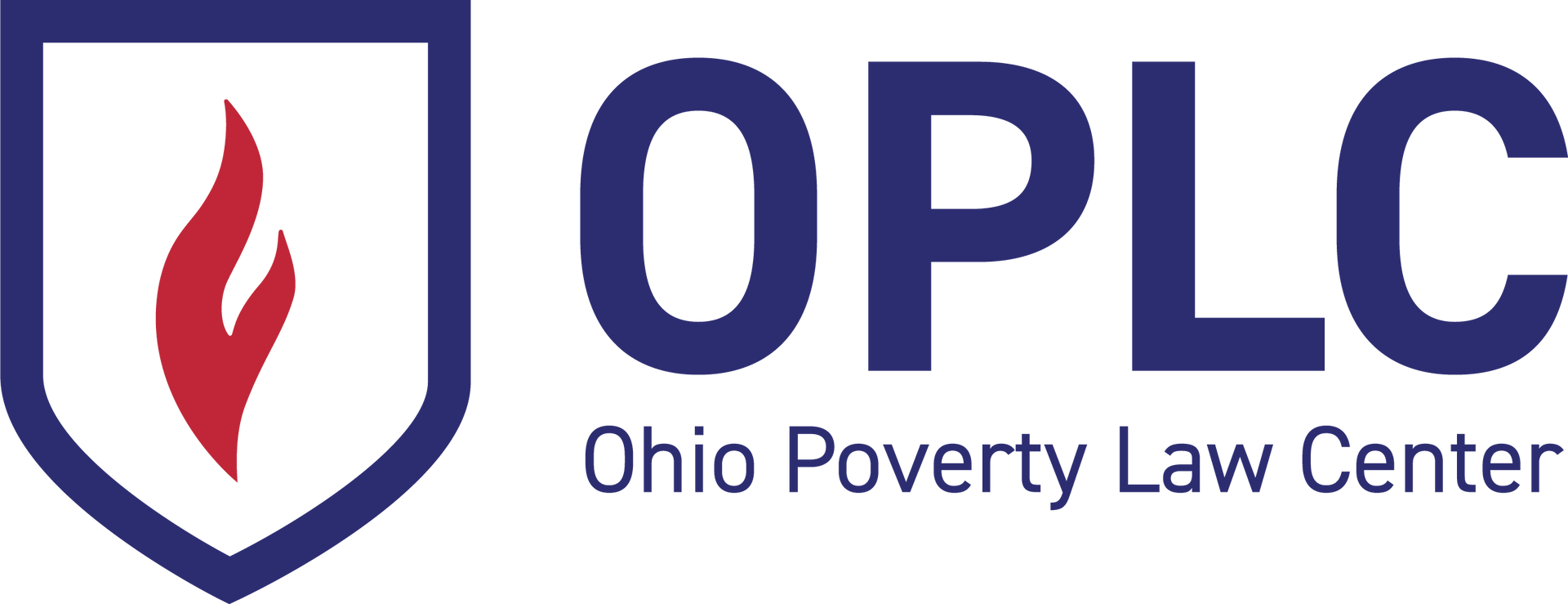OHIO’S PROPOSED DEBT SETTLEMENT LEGISLATION BAD POLICY FOR OHIO’S CONSUMERS
Recently, Representative Lou Terhar introduced HB 173 in the Ohio House. The bill purports “to regulate the for-profit debt settlement industry in Ohio.” Although this industry needs significant regulatory reforms, the proposed modifications of state law would offer mostly redundant regulation while removing fees caps that protect Ohio’ s citizens. The bill that would emerge is bad for Ohio consumers and bad public policy for Ohio, and Ohioans should urge their representatives to just say “no” to HB 173.
Debt settlement companies attract customers through marketing campaigns designed to give debt-burdened consumers the false impression that their services will allow individuals to settle their outstanding debts at substantial discounts.
In practice, however, these companies can leave consumers with higher debt loads and adverse court judgments, while charging exorbitant fees. In doing so, debt settlement companies prey on Ohio’s impoverished citizens, many of whom have been forced to rely on their credit cards as a bridge between their income and needs in desperate economic times. The typical for-profit debt settlement business model advises debtors who enroll in a plan to stop paying their credit card bills and instead set aside money before negotiations with creditors begin. Late fees and penalty interest rates mount as a result, leaving the consumer with a larger debt than when they started. Additionally, entering a plan is no guarantee that collection activities will stop; often creditor harassment and law suits continue.
Studies show that only a small minority of debts are actually settled by the companies in this industry. Even the American Fair Credit Council, the debt settlement industry’s trade association, has admitted that 66% of clients will not see even 75% of their debts settled. Additionally, the industry fails to include fees and the tax consequences of debt forgiveness in the analysis of debtor savings, giving an incomplete picture of the “benefits” of for-profit debt settlement plans. Because of these issues, it is unsurprising that the Better Business Bureau has called the industry “inherently problematic,” and the Office of the Comptroller of the currency has charged that “this is not a legitimate method of satisfying debts.”
Currently, Federal Trade Commission rules ban the most abusive practice common to the debt settlement industry: charging advance fees. Additionally, certain disclosures must be made to potential customers regarding the nature of the debt settlement company’s business practices and the consequences of entering a plan. Existing Ohio law puts fee caps on what this industry can charge for its services, and gives debtors who are victimized by abusive practices claims for relief under the Consumer Sales Practices Act.
HB 173, if enacted, will codify many of the FTC’s restrictions into Ohio law. However, caps on fees are abolished by the proposed bill. With such provisions, HB 173 is an example of “faux reform” for the citizens of Ohio. The proposed regulations are already in place, and the debt settlement industry will have greater freedom to charge astronomical fees. This should come as no surprise, given that the bill is backed by the American Fair Credit Council, the debt settlement industry’s trade association. The support of this organization should be telling for Ohio citizens who seek to restrain the harmful practices of debt settlement companies. For these reasons, Ohioans should urge their representatives to vote “no” on HB 173.
